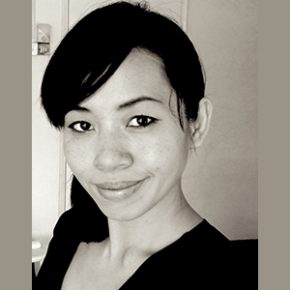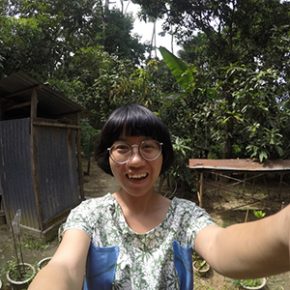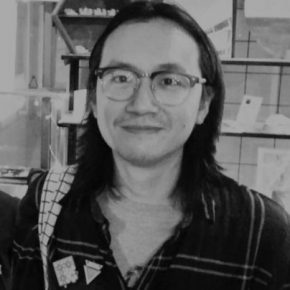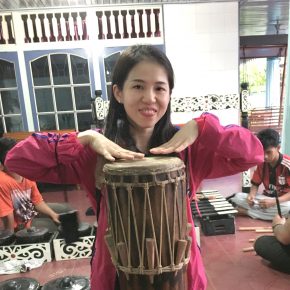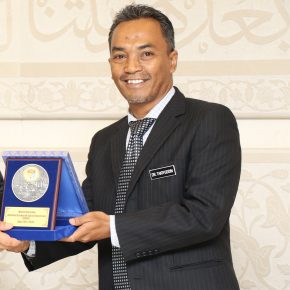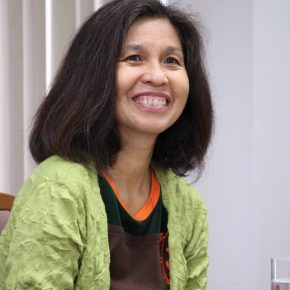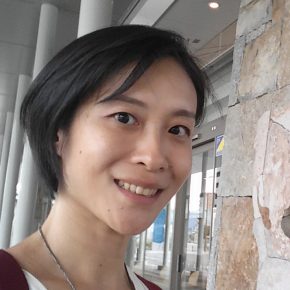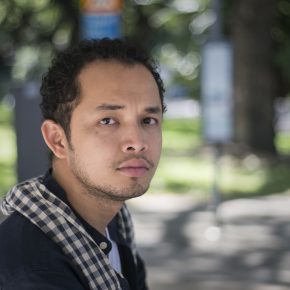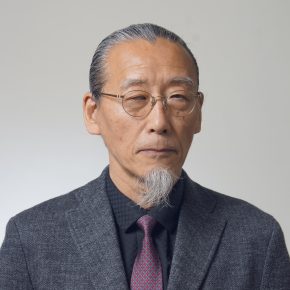Crossing Borders: Teaching and Learning Inquiry Science in Different Cultures and Religions
The project is to understand how inquiry learning is being inculcated in science lessons in Japanese schools. “Inquiry learning” refers to teaching and learning activities that encourage students to raise questions regarding a scientific phenomenon and then seek answers through various activities; i.e., conducting experiments, project work, or group discussions. It is also understood that inquiry practices can be inculcated through informal science learning and textbooks. In summary, inquiry practices are found to be inculcated from primary to junior high school, as evidenced from observation of classroom activities, interviews with teachers and teacher trainers, and analysis of textbooks. Based on Hofstede’s culture dimensions framework, the power-distance relationship between teachers and students is low and thus allows an inquiry-friendly atmosphere (i.e., students are not afraid to ask questions and teachers often ask questions to encourage students to think about phenomena). However, a culture of uncertainty avoidance (i.e., students are not wanting to look incompetent in front of their peers) may impede inquiry practices. The way to overcome this inherent cultural dimension affecting teaching and the learning process is for teachers to provide culturally responsive pedagogy. Continuous experience in an informal science learning environment that allows for trial and error with guidance may build up confidence among students that they can overcome the fear of failing. A lesson learnt from this Fellowship that is applicable to Malaysia (a multicultural society) is for teachers to be sensitive to the cultural dimensions influencing their teaching and to the cultural dimensions that their students bring to class.
- Main Cities of Activity
- Aichi
- Host Institution(s) / Individual(s)
- Mina Hattori (Professor, Graduate School of Education and Human Development, Nagoya University)


